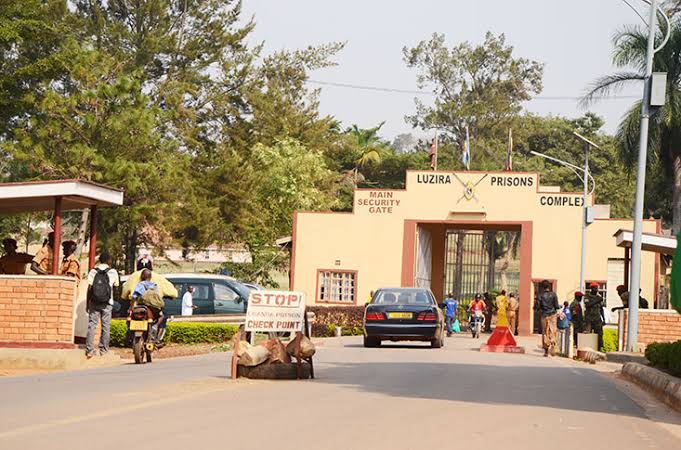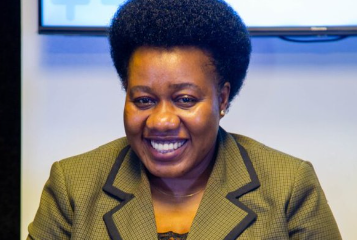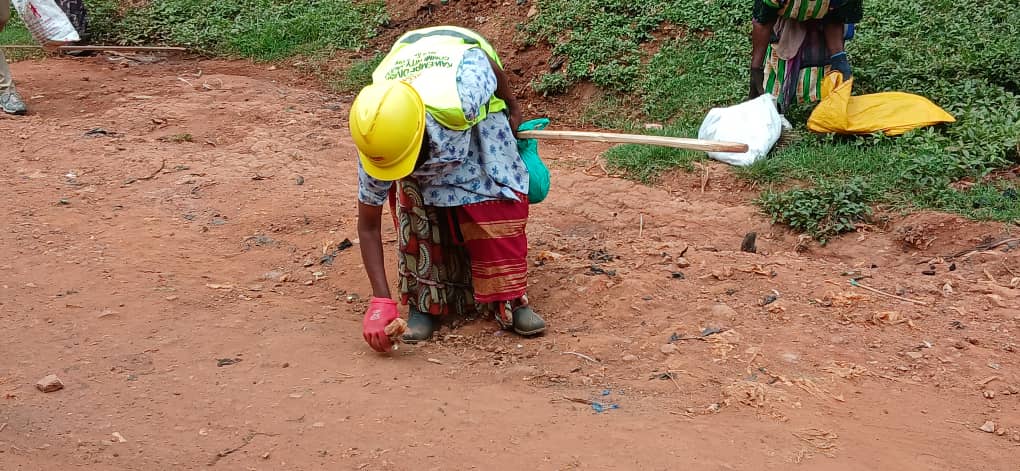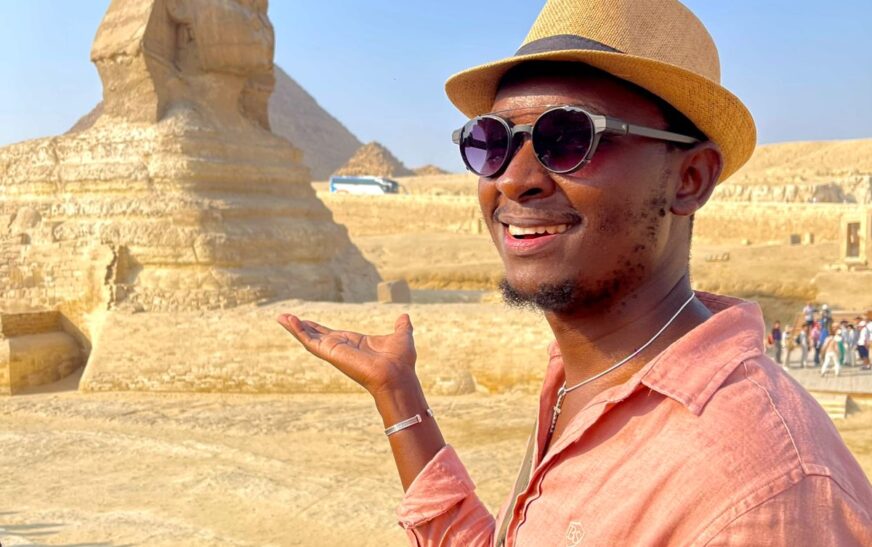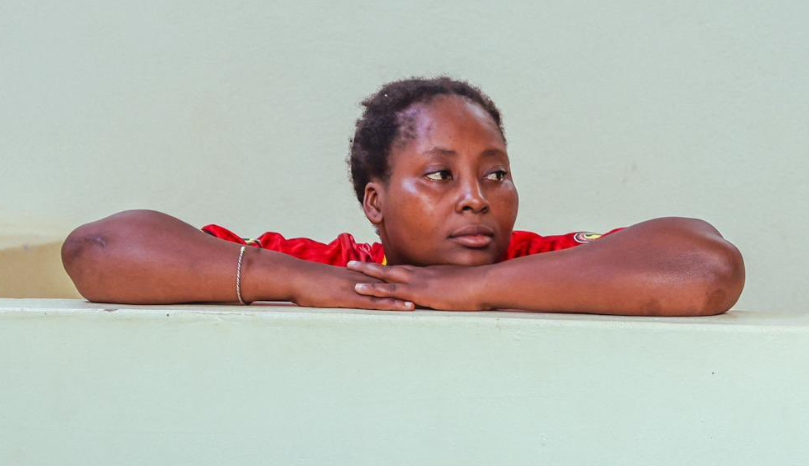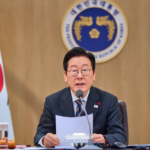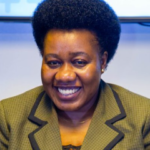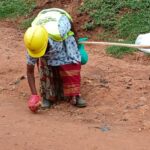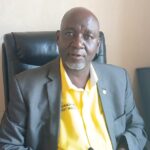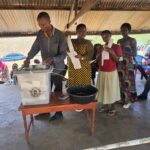In the quiet corners of Uganda’s prisons, 303 children wake up each morning to the sound of keys and metal gates not alarm clocks or school bells. They live with their mothers behind bars, their childhoods unfolding in places built for punishment, not play.
According to the Uganda Prisons Service (UPS), these children are among the most silent faces of the justice system — unseen victims of circumstance. UPS spokesperson Frank Baine revealed on Monday that the country’s prisons currently house 78,959 inmates, including 42,193 convicts, 36,134 remand prisoners, and 632 debtors.
“Among them are 303 children living with their mothers,” Baine said at the Police Headquarters in Naguru. “Despite the congestion, we do our best to ensure they receive healthcare, nutrition, and a sense of normalcy.”
Uganda’s 269 prisons, spread across 19 regions and run by nearly 15,000 staff, are straining under the weight of overcrowding. Yet, amid concrete walls and barbed wire, small miracles still happen.
This week, 70 inmates; 66 men and 4 women began their UACE exams, hoping that education will unlock the freedom their bodies can’t yet reach. Baine called it a moment of pride.
“We thank those who stood by the inmates and wish all candidates success,” he said.
But the picture isn’t all hopeful. The UPS continues to battle not only congestion but also fraudsters posing as recruitment agents, exploiting desperate job seekers. Baine warned the public to remain vigilant.
“We are not recruiting. Government jobs are not for sale. Anyone asking for money is deceiving you,” he said.
As the election season intensifies, prison officers have been directed to uphold discipline and professionalism, ensuring the Service remains neutral and orderly.
Yet, behind the official numbers and polished statements, the story of those 303 children lingers a reminder that justice systems don’t just hold criminals; they hold families, futures, and fragile lives learning to grow in captivity.
The Uganda Prisons Service continues to appeal for more support from government and development partners not just to rehabilitate inmates, but to give these children something their environment rarely offers: a chance to dream beyond the walls.

